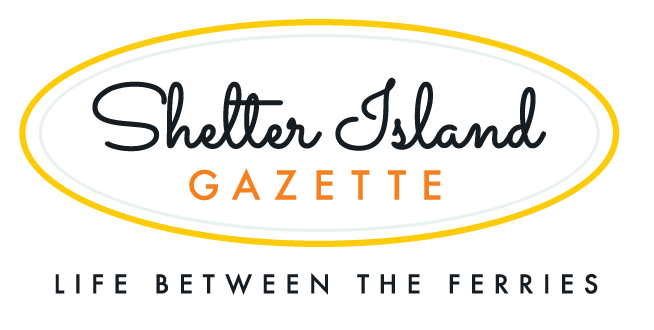The Island’s Community Housing transfer tax has passed by 15 votes after absentee and affidavit ballots were counted on Wednesday, according to Heather Reylek, Shelter Island Democratic Committee chair.
[NOTE: This post was updated on Friday to incorporate comments by Gary Blados, Shelter Island Republican Committee chair.]
The final count was 931 yes and 916 no. Last week, after early voting and Election Day results were counted, only eight votes separated nays (889) and yeas (881).
“We’re pleased that it passed,” said Supervisor Gerry Siller in a brief phone interview. “We will continue to work toward the commitment we made to the community for housing. As always, we’ll share our decision-making with the public.”
“We are delighted that Proposition 3 passed but are cognizant that it was with the slimmest of margins,” Reylek said in an email Wednesday. “We will continue to work towards rallying more Islanders in support of this important and critical cause and ensuring that the next steps in this long process are conducted in the best interests of our Island.”
Gary Blados, chair of the Shelter Island Republicans, commented on social media Thursday.
“Your vote matters on Shelter Island,” he said. “And we are reminded of this fact again in this election cycle.”
In other East End communities where the proposition was on the ballot, the measure appeared to pass by wide margins on Election Day:
- East Hampton: 7,160 yes (68.54%) and 3,236 no (31.46%)
- Southampton: 12,469 yes (53.40%) and 10,883 no (46.60%)
- Southold: 6,617 yes (58.9%) and 4,618 no (41.1%)
The Town of Riverhead did not participate in the referendum but, under the Peconic Bay Region Community Housing Act, reserves the right to do so in the future.
The state law, which received bi-partisan support before being signed by Governor Kathy Hochul last October, enabled the five East End towns to set up Community Housing Funds and to ask voters whether to approve a 0.5 percent real estate transfer tax to support local housing initiatives. The system is modeled on the Community Preservation Fund, which uses a 2 percent transfer tax to support open space purchases.
The transfer tax is paid by buyers in most, but not all, real estate transactions (exemptions are provided for trades at the low end of the market for qualified first-time homebuyers).
In towns that enact both Community Preservation and Community Housing and Fund transfer taxes, exemptions will increase. Here on Shelter Island, the amount exempted from the tax rises from $250,000 to $400,000 for properties of $2 million or less. This will result in a decrease in the overall dollar value of transfer fees paid by homebuyers purchasing a home of $1 million or less. Qualified first-time homebuyers are exempt from paying the transfer fees.
Blados pointed out that the two authors of the bill, NYS Assemblyman Fred W. Theile Jr., a Democrat, and Senator Anthony H. Palumbo, a Republican, were successful in their re-election bids last week.
In the lead-up to the public referendum, supporters and detractors posted signs around the Island, and some individuals engaged in heated exchanges on social media and, reportedly, in public settings as well.
“This has been a long, emotionally exhausting, and often painful few months,” Blados said. “I also believe both sides can and will find common ground.”
The Shelter Island Town Board set up a Community Housing Fund and empaneled a Community Housing Fund Advisory Board, which worked with a consultant on drafting a Community Housing Plan. The draft plan awaits final Town Board approval. The board has gathered public input and will edit the plan as needed to reflect consensus before holding another public hearing on a final draft.
Under state law, in each Town where the measure passes, the Town Board must follow its Community Housing Plan when developing housing initiatives.





